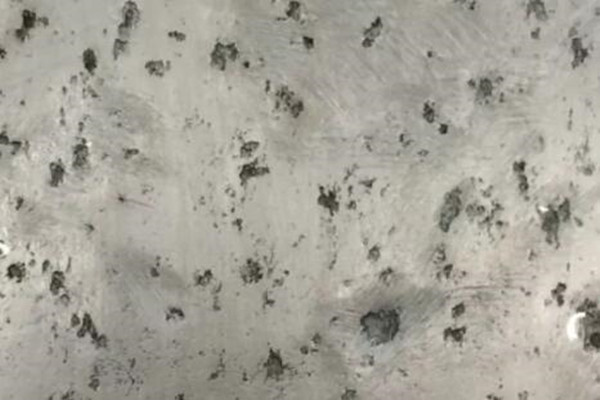Corrosion Resistance: A Key Factor in Manufacturing

Manufacturing is an essential sector for any economy, whether it be domestic or international. The most crucial aspect of manufacturing is producing durable and high-quality products that meet customers' needs at a reasonable cost. In today's day and age, one of the key factors that manufacturers must consider when designing, developing, and producing products is their ability to resist corrosion.
Corrosion is the gradual decay of materials caused by chemical or electrochemical reactions with the environment. Corrosion can have a devastating impact on manufacturing, particularly in costly repairs, reduced efficiency, and compromised safety. Therefore, it is essential to incorporate corrosion-resistant materials into the manufacturing process.
Aluminum and Corrosion Resistance
One of the most widely used metals in manufacturing is aluminum, known for its lightweight and strength properties. Besides these characteristics, aluminum is also an excellent candidate for corrosion resistance, making it a popular choice across numerous industries, including aerospace, automotive, construction, marine, and the food and beverage sector.
The corrosion resistance of aluminum is achieved through a natural mechanism of oxidation. When exposed to air, aluminum forms a thin layer of aluminum oxide on the surface, which acts as a protective barrier, preventing further corrosion. Furthermore, aluminum's high electrical conductivity makes it an excellent candidate for anodizing, a process that enhances the protective layer of aluminum oxide.
Aluminum Corrosion Resistance in Different Applications
The benefits of aluminum's corrosion resistance can be seen in various applications within the manufacturing sector. The aerospace industry relies on aluminum's corrosion resistance to create airplane parts that are lightweight and durable. With exposure to high altitudes and varying weather conditions, corrosion resistance is crucial for airplane parts' longevity and safety.
The automotive industry also uses aluminum's corrosion-resistant properties to create car parts that are lightweight, fuel-efficient, and long-lasting. Aluminum cylinders, wheels, and frames are examples of automotive components that benefit from aluminum's corrosion-resistant properties.
In the construction industry, aluminum is an ideal candidate for corrosion resistance in roofing, siding, and window frames. Aluminum's resistance to corrosion ensures that these components have a long lifespan, providing a low-maintenance and cost-effective solution for construction projects.
Conclusion
In conclusion, corrosion resistance is a significant factor in manufacturing. The use of aluminum in manufacturing products provides an advantage in the creation of durable, high-quality, and long-lasting products. Aluminum's natural process of oxidation creates a protective barrier that provides resistance against the elements, preventing further corrosion. Given its properties, the use of aluminum can have numerous benefits for a wide range of industries. As such, aluminum remains a popular choice in manufacturing and will continue to be used across different applications for years to come.